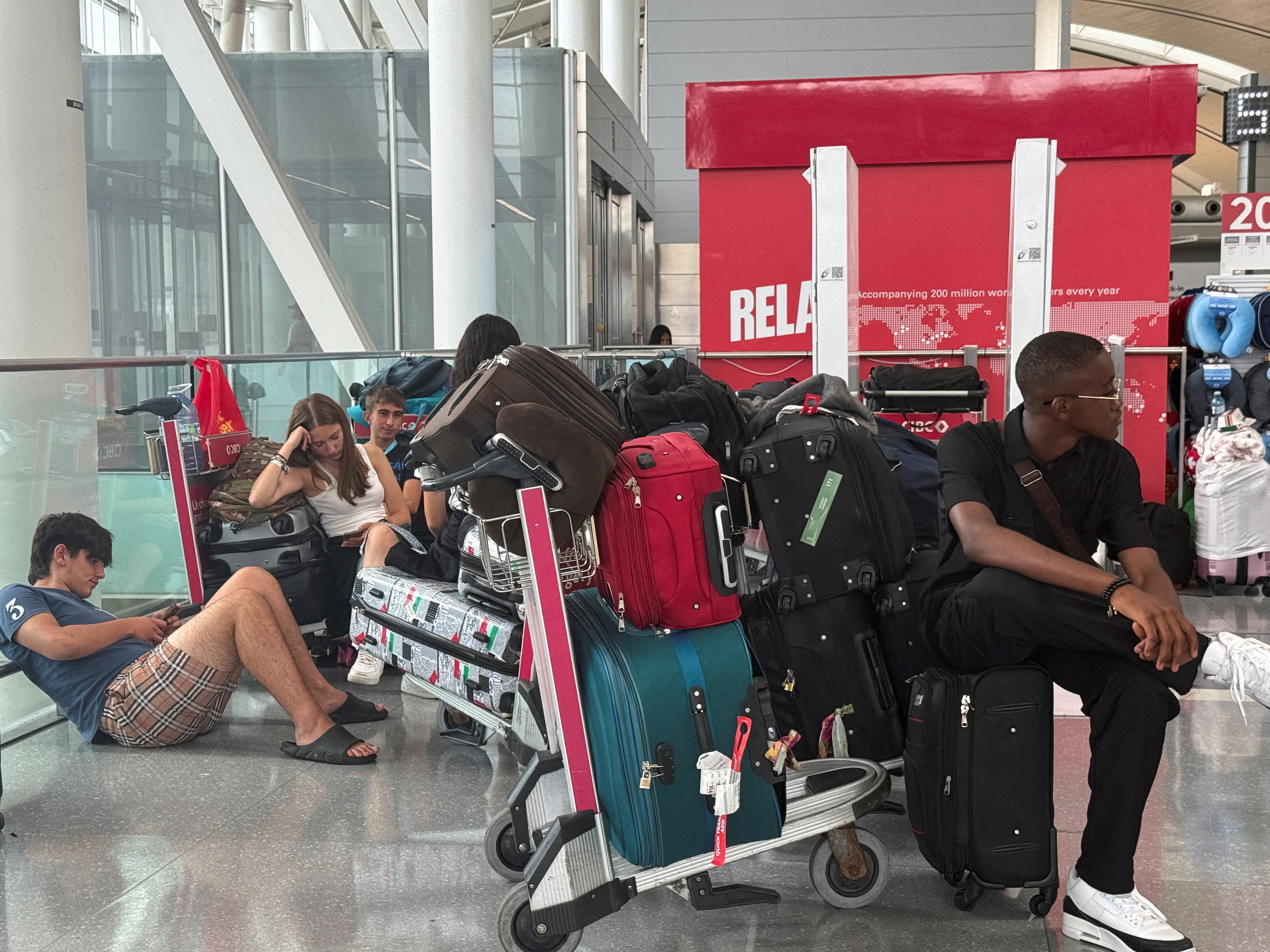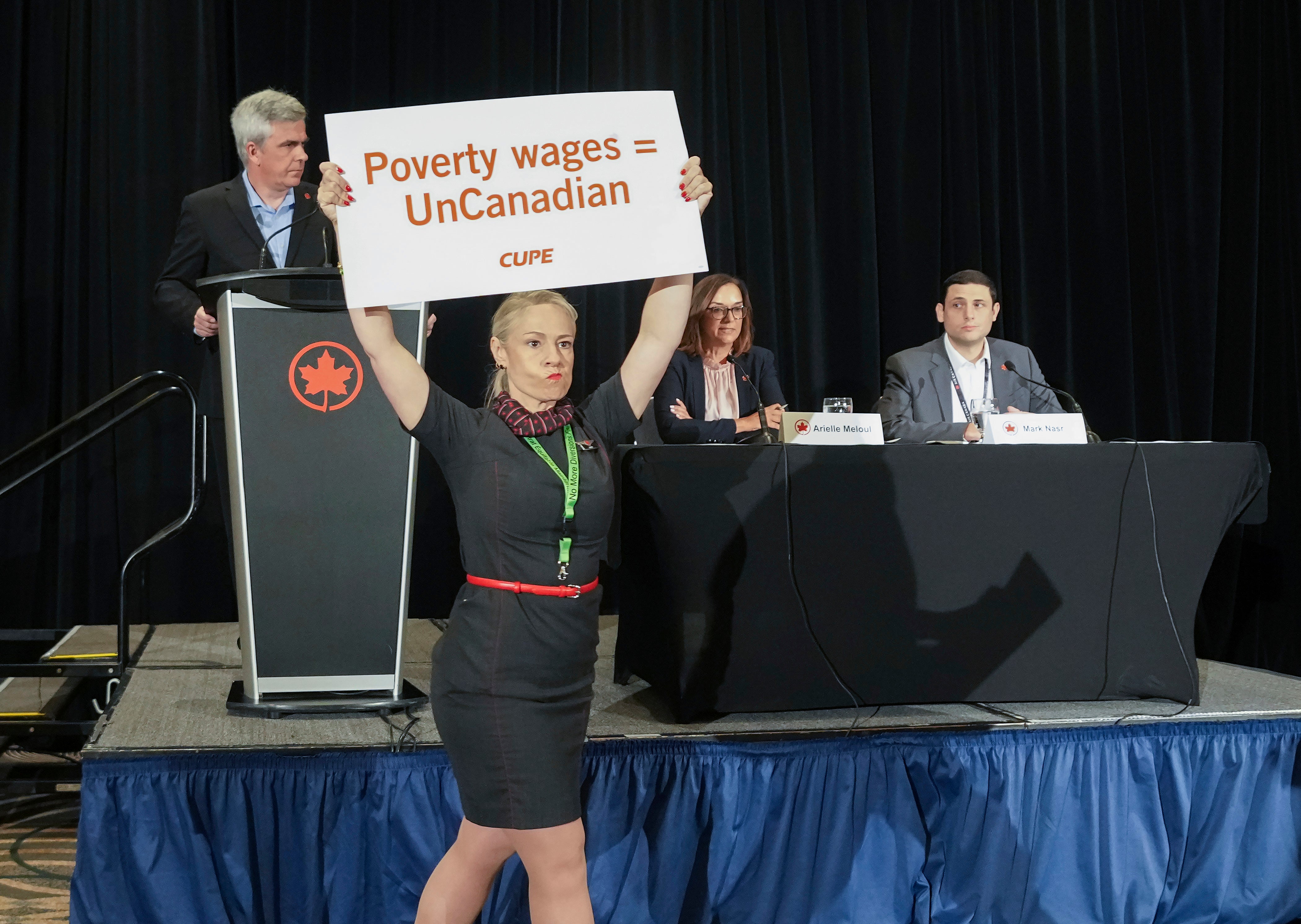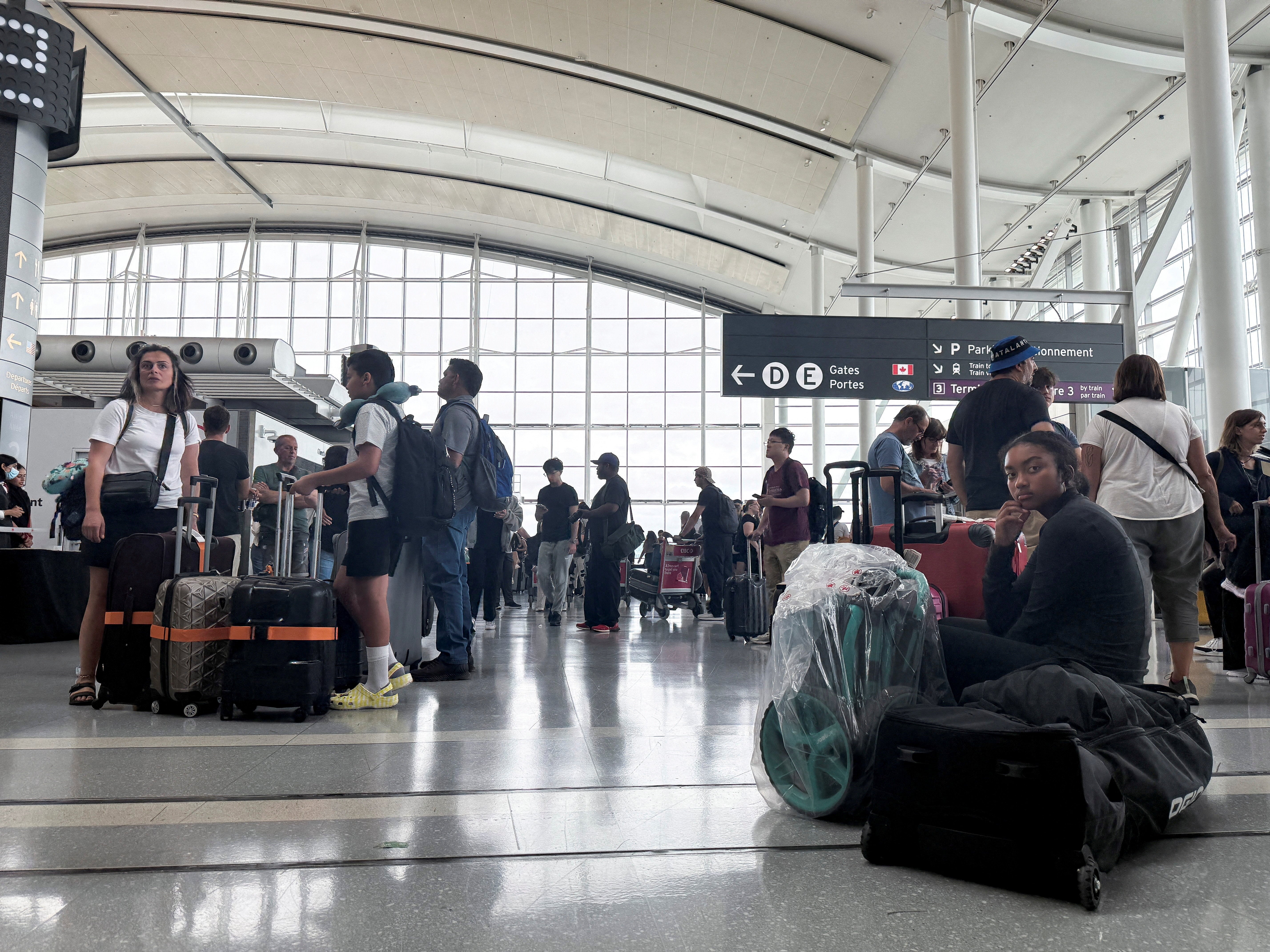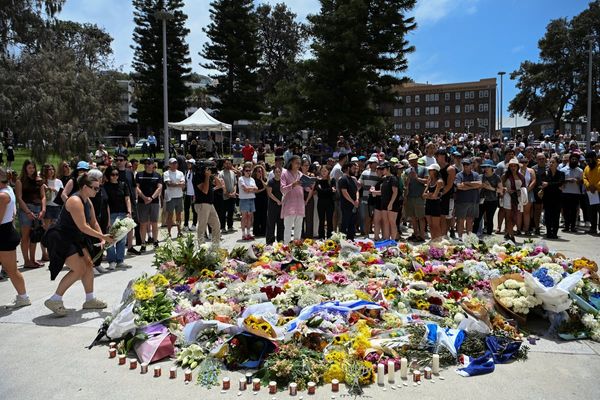Thousands of Air Canada flight attendants have defied a government back-to-work order Sunday, according to their union.
The country’s largest airline, whose collective agreement with the flight attendants expired in March, has been unable to come to an agreement with the union over key issues like worker pay.
Air Canada said early Sunday that the Canada Industrial Relations Board, which is part of the government, had directed the carrier to resume operations and have the striking workers return to their posts by 2 p.m. Eastern time.
But the Canadian Union of Public Employees described the order as “unconstitutional” and said workers would not comply.
“We will be challenging this blatantly unconstitutional order that violates the charter rights of 10,000 flight attendants, 70 percent of whom are women, and 100 percent of whom are forced to do hours of unpaid work by their employer every time they come to work,” the Canadian Union of Public Employees said in a statement.
“We remain on strike. We demand a fair, negotiated contract and to be compensated for all hours worked.”
Air Canada responded by saying the union was “illegally” defying the government return-to-work orders, and that approximately 240 flights that had been scheduled to resume Sunday had been cancelled.
“The airline will resume flights as of tomorrow evening,” Air Canada added.
On the first day of the strike, Air Canada said about 700 flights were cancelled, impacting about 130,000 passengers across Canada, the U.S., and the 65 foreign countries the carrier services.
Air Canada is the country’s largest airline, making up about half of the country’s domestic air travel capacity each day, according to aviation data firm Cirium. It is also a part of the Star Alliance code-sharing network of airlines that includes United Airlines, Lufthansa, Turkish Airlines and Singapore Airlines.

Regional Air Canada Express flights, contracted to smaller carriers, are not impacted by the strike.
Prior to the strike, the airline also warned disruptions would radiate outward and impact supply chain networks, given that its cargo unit operates in 50 countries.
The union went on strike early Saturday after turning down a request from the airline to enter into government-directed arbitration Friday.
Canada’s labor minister Patty Hajdu intervened in the dispute Saturday, ordering the industrial relations board to use binding arbitration to conclude the faltering negotiations. The Independent has contacted Hajdu for comment.

Canadian Union of Public Employees National Secretary-Treasurer, Candace Rennick, called the step a “blatant betrayal” of workers’ rights and accused the Liberal government of tipping the scales towards Air Canada.
“The government’s decision to intervene on behalf of an already wildly profitable employer, while a predominantly female workforce fights tooth and nail for a path out of poverty, is not just unjust, it’s a disgraceful misuse of power that reeks of systemic bias and corporate favoritism,” she said in a statement.
Workers agreed. "I don't think anyone's in the mood to go back to work," Lillian Speedie, vice-president of CUPE Local 4092, told the CBC outside Toronto Pearson International Airport Sunday.

"To legislate us back to work 12 hours after we started? I'm sorry, snowstorms have shut down Air Canada for longer than we were allowed to strike."
Air Canada has said it offered flight attendants a 38 percent increase in total compensation over four years, and an “industry leading” formula for ground pay, covering the time when cabin crew are not yet airborne.
The union, meanwhile, says this figure is misleading, and that the pay raise is actually about half that. It has also accused the airline of offering a lowering wage increase to the largely female flight attendant workforce, compared to a 26 percent hike for largely male pilots last year.







